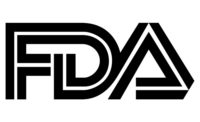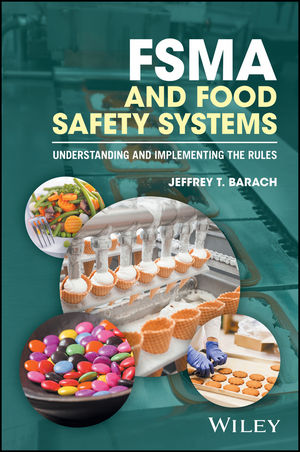When President Obama signed the Food Safety Modernization Act (FSMA) into law in 2011, FSMA’s 2015 and 2016 compliance deadlines seemed far away. Now, time grows short for food and beverage brand owners to harmonize their operations with resulting regulations. FSMA’s first set of new rules governing preventive controls for human and animal food, take effect August 30, 2015, with compliance required within 1 to 3 years, depending on the business.
The first legislation of its kind in more than 70 years, FSMA was designed to help federal regulators prevent food safety incidents before they occur, rather than react to incidents after the fact.
A Recap
FSMA gives sweeping new regulatory and enforcement powers to the U.S. Food and Drug Administration (FDA) and affects nearly every link in the food supply chain. It was imperative for packaging companies, which represent a critical line of defense in the battle against food contamination and foodborne illnesses, to begin preparing well in advance.
The preparation was critical not only for themselves and their clients, but for the consumer. Salmonella, Escherichia coli and Listeria outbreaks have had adverse effects on public health and put consumers on edge.
According to the U.S. Centers for Disease Control and Prevention’s latest report on trends in foodborne illness, “Foodborne infections continue to be an important public health problem in the United States and highlight the need to move forward with preventive measures.” The agency estimates that foodborne illnesses affect one in six Americans every year. That amounts to 48 million people falling ill, including 128,000 hospitalizations and 3,000 deaths.
Solidarity and Anticipation
While FSMA calls for a mandatory inspection schedule, how the inspection regime applies to the packaging materials and container manufacturers used by food processors is unknown.
However, an ingredient company, Heartland Supply Company, has first-hand understanding of the urgency behind FSMA compliance. Through the company’s involvement with the Grocery Manufacturers Association and the Food Ingredients Distributor Association, it assisted with the regulations guidelines for FSMA.
Changes to FDA’s rule governing Hazard Analysis and risk-based preventive controls will require companies to self-monitor more than ever before. Packaging robot manufacturers will need to ensure compliant material and surfaces during development. Because of the additional scrutiny that FSMA standards apply to packaging companies and packaging machinery makers, customer education will also be critical to the compliance process.
Despite the substantial changes and challenges, technology suppliers look forward to the finalization of the FSMA regulations with optimism. With much of the toil behind them, industry players are ready for a new era in food safety.
PMMI, The Association for Packaging and Processing Technologies is a trade association representing more than 700 companies that provide a full range of processing and packaging machinery, materials, components and containers.







